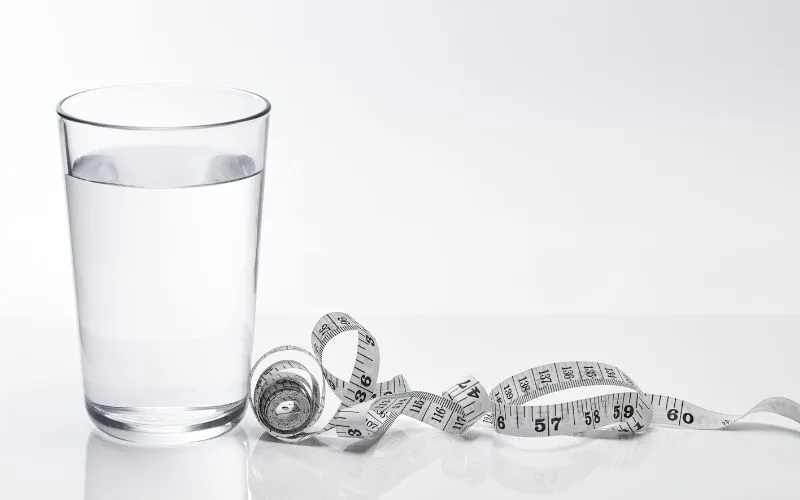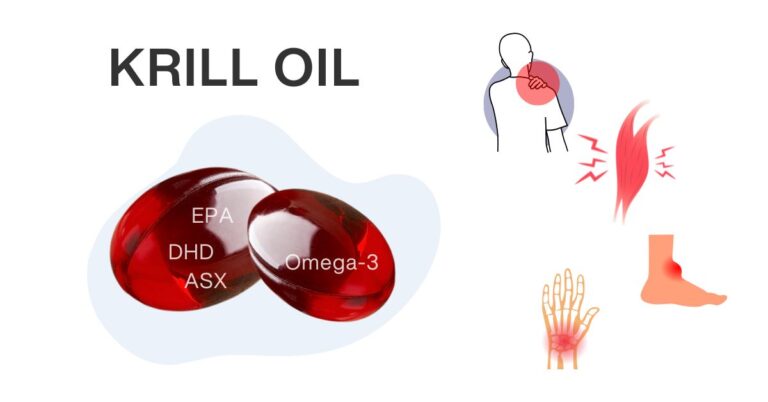Embarking on a 3-day water fast can be intriguing for those looking to shed pounds rapidly. Water fasting, an age-old practice, has garnered attention for its potential health benefits and weight loss capabilities. However, it’s essential to understand the mechanisms, benefits, and risks involved before diving into this fasting method. This blog will explore what water fasting entails, its benefits and dangers, and how to conduct it healthily, particularly if aiming for weight loss. By the end of this read, you’ll have a comprehensive understanding of the process and be better equipped to decide if it’s the right choice for you.
What Is Water Fast For Weight Loss?
Water fasting entails refraining from taking any food or drink except Water for a specified period, typically 24 hours to several days. This practice is rooted in various cultural and religious traditions but has gained popularity for its purported health benefits, particularly for weight loss. During a water fast, the body transitions from using glucose as its primary energy source to burning fat stores, leading to weight loss. The appeal of losing weight quickly can be strong, but it’s important to approach water fasting with caution and proper preparation.
Benefits Of Water Fast For Weight Loss
Water fasting can offer several benefits for weight loss, making it a popular choice among those looking to lose weight quickly. The primary mechanism is the significant calorie deficit created by consuming only Water, which forces the body to tap into its fat reserves for energy.
Rapid Weight Loss
During a water fast, the body’s glycogen stores are depleted, leading to the breakdown of fat for energy. This results in a quick drop in weight, primarily from water loss and fat burning. Many people report losing between 2 and 10 pounds over a three-day fast.
Improved Metabolic Health
Water fasting can improve insulin sensitivity and lower blood sugar levels, which may benefit metabolic health. This process helps the body become more efficient in utilizing glucose, potentially aiding long-term weight management.
Detoxification
Proponents of water fasting often cite its detoxification benefits. In this way, our body can focus on eliminating toxins and waste products by abstaining from food. This process can leave you feeling rejuvenated and may contribute to a clearer complexion and increased energy levels.
Mental Clarity
Many individuals experience enhanced mental clarity and focus during a water fast. Without regular food intake, the body produces ketones, which can have neuroprotective benefits and improve cognitive function.
Reduced Inflammation
Water fasting may help reduce inflammation in the body. Inflammation is connected to many long-term health problems, and fasting can reduce inflammation in the body, which could help improve overall health.
Cellular Repair
Fasting triggers autophagy, a process by which the body cleans out damaged cells and regenerates new ones. This cellular repair process can enhance longevity and reduce the risk of various diseases.
Dangers Of Water Fast
While water fasting can have benefits, it’s not without risks. Prolonged fasting can lead to several health issues, particularly if not done correctly.
Dehydration
Ironically, even during a water fast, there’s a risk of dehydration. Without food, which provides a significant portion of daily water needs, one must drink ample Water to stay hydrated. Symptoms of dehydration can include dizziness, headaches, and decreased urine output.
Nutrient Deficiency
Prolonged Water fast can lead to nutrient deficiencies such as vitamins, minerals, and electrolytes. If the fast is extended beyond a safe period, symptoms like dizziness, fatigue, and more severe health complications can occur. It’s essential to monitor your health and consider supplements if necessary.
Muscle Loss
While the primary goal of a water fast is to lose fat, muscle loss can also occur. Without protein intake, the body may break down muscle tissue for energy, decreasing muscle mass and strength. This can be counterproductive, especially if you aim to maintain muscle tone.
Blood Pressure Changes
Water fasting can cause fluctuations in blood pressure, potentially leading to dizziness, fainting, or even more severe cardiovascular issues. Those with existing blood pressure problems should consult a healthcare professional before attempting a fast to ensure it’s safe.
How To Fast For Healthy Weight Loss?
For those considering a water fast for weight loss, it’s vital to approach it with caution and preparation. Start by gradually reducing your food intake a few days before the fast to help your body adjust. During the fast, ensure you consume plenty of Water to stay hydrated. If you experience severe discomfort or health issues, it’s breaking the fast safely, which is essential, starting with light, nutrient-dense foods.
Including krill meat in your post-fast diet can be beneficial. Antarctic krill meat is rich in omega-3 fatty acids, protein, and antioxidants, which can help replenish lost nutrients and support muscle recovery. After breaking the fast, gradually reintroduce regular meals, focusing on balanced nutrition to maintain weight loss and support overall health.
To ensure a healthy and effective water fast, follow these tips:
- Consult a Doctor: Before starting Water fasting, consult a nutritionist, especially if you have any underlying health conditions.
- Stay Hydrated: Drink at least 2 – 3 liters of Water daily.
- Listen to Your Body: If you feel unwell, stop the fast immediately.
- Gradual Reintroduction of Food: Start with easily digestible foods and gradually reintroduce complex meals.
- Consider Supplements: To avoid nutrient deficiencies, consider taking multivitamins or electrolytes.
Alternative Ways Of Weight Loss
If you are not strong and healthy enough to lose weight through water fast, you can follow a weight loss diet to achieve your target weight. Here are some effective weight loss diets:
Ozempic diet
Oatzempic diet
Manupose diet
Conclusion
A 3-day water fast can lead to significant weight loss, but it’s essential to understand both the benefits and risks involved. The advantages are rapid weight loss, improved metabolic health, detoxification, mental clarity, reduced inflammation, and cellular repair. However, dehydration, nutrient deficiencies, muscle loss, and blood pressure changes are potential dangers. Preparing, hydration, and carefully reintroducing food, including nutrient-rich options like krill meat, are crucial to undertaking Water fast and healthily. Always consult a nutritionist before starting a fast to ensure your safety.
FAQs About 3-Day Water Fasting For Weight Loss
Can You Lose Weight with a 3-Day Water Fast?
Yes, a 3-day water fast can lead to weight loss. While in ketosis from fasting, the body burns fat for energy due to lack of food intake, resulting in weight loss from reduced water weight, glycogen depletion, and fat loss. However, initial weight loss may consist largely of water weight and could return with regular eating.
How Much Weight Can You Shed In A 72-Hour Fast?
During a 72-hour fast, individuals may lose 2 to 10 pounds on average due to the depletion of glycogen stores and associated Water, as well as some fat loss. Rapidly losing weight can have potential health risks, and the lost weight may not be sustained once normal eating patterns resume.
Is It Safe To Exercise During A 3-Day Water Fast?
ExerIt’sng during a 3-day water fast is generally not recommended, especially for high-intensity activities. The body is already under significant stress due to the lack of caloric intake, which can lead to reduced energy levels and muscle fatigue. Light workouts such as walking or gentle yoga may be more appropriate if you feel up to it.










